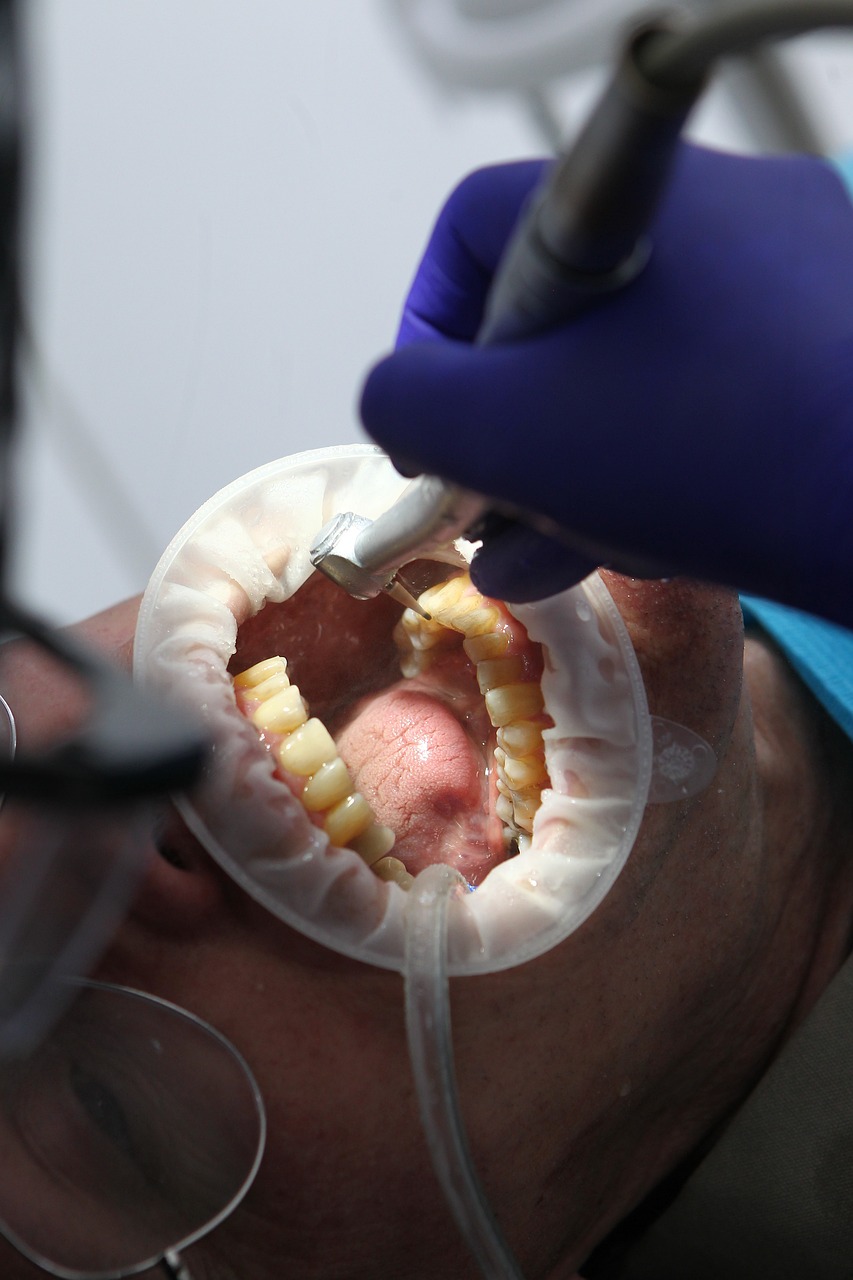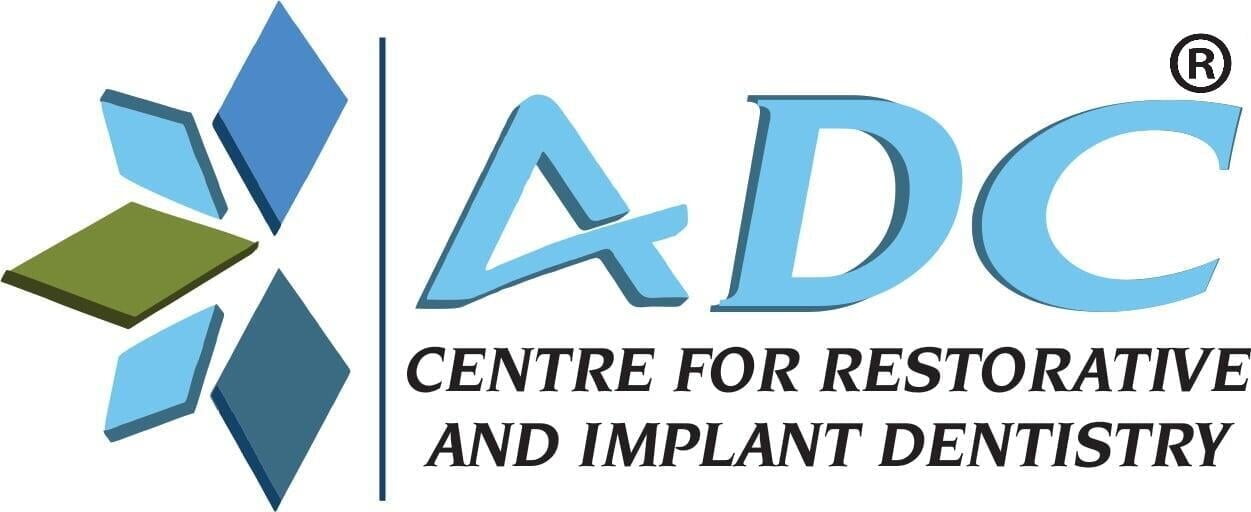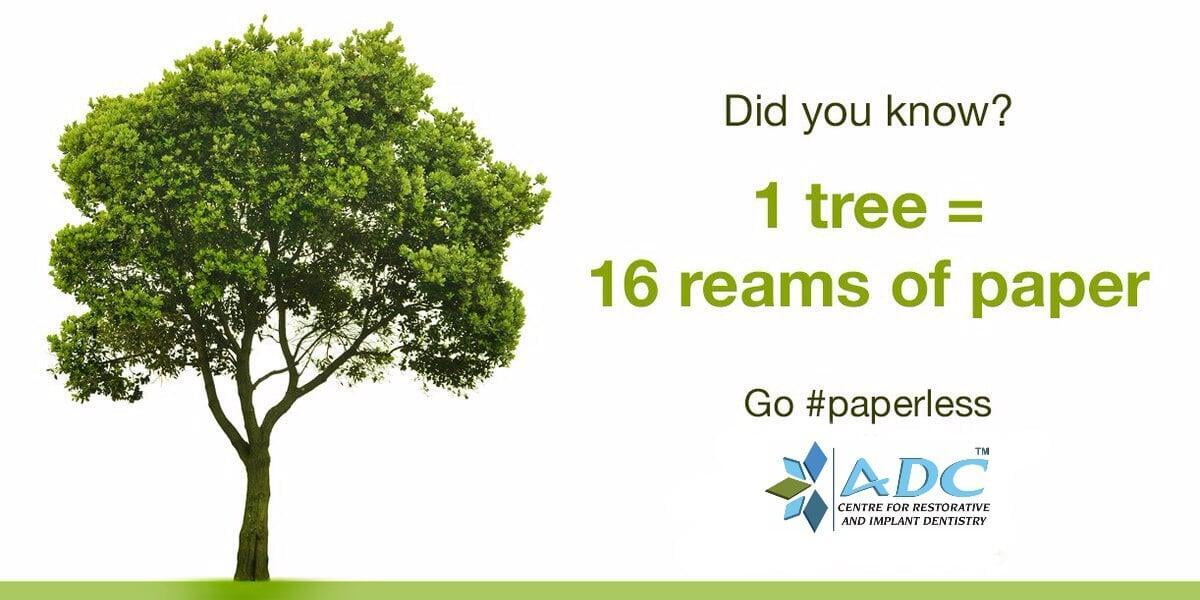Are you wondering whether you need a deep cleaning or a regular teeth cleaning for your oral healthcare? Understanding the difference between deep cleaning or a regular teeth cleaning is essential for maintaining optimal oral health. Let's dive into the topic of deep cleaning versus regular teeth cleaning to help you determine which one you might need.
Regular Teeth Cleaning:
Regular teeth cleaning, also referred to as Oral prophylaxis, is a Common dental procedure that plays a crucial role in maintaining oral health. It is recommended for individuals who have generally do not have any Gum Disease.The procedure begins with a thorough examination of your teeth and gums to identify any potential issues. The dentist then uses a scaler to carefully remove the plaque and tartar that have accumulated on the surfaces of your teeth. This process may involve some scraping sensations, but it is generally painless. Once the scaling is complete, the dentist proceeds with polishing your teeth using a rotating brush and a polishing paste. This step effectively eliminates surface stains and leaves your teeth smooth and shiny. Regular teeth cleaning appointments are typically scheduled every six months, although your dentist may recommend more frequent visits depending on your individual oral health needs. These routine cleanings serve as preventive measures to minimize the risk of developing dental problems such as cavities, gum disease, and bad breath. By adhering to a consistent schedule of regular teeth cleanings, you can keep your teeth and gums in optimal condition and enjoy a lifetime of healthy smiles. Remember, regular cleanings are not only beneficial for your oral health but also for your overall well-being. So, make it a priority to attend your scheduled appointments and embrace the refreshing feeling of a professionally cleaned mouth.
Deep Cleaning Treatment:

Deep cleaning treatment, also known as scaling and root planing, is a comprehensive dental procedure designed to address gum disease and periodontal infection. Unlike regular cleaning, which focuses on the visible tooth surfaces, deep cleaning goes beyond and targets the hard-to-reach areas below the gumline and along the roots of the teeth.When you have gum disease, bacteria and plaque can accumulate below the gumline, causing inflammation and damage to the supporting structures of the teeth. Deep cleaning aims to remove this buildup and promote healing of the gums.
The process of deep cleaning involves two main steps: scaling and root planing. Scaling involves the removal of plaque and tartar from the tooth surfaces and below the gumline. Special dental instruments are used to carefully access these areas and eliminate the accumulated debris. This step helps to reduce bacteria and infection-causing agents.
Root planing, on the other hand, focuses on smoothing out the rough surfaces of the tooth roots. This process helps to prevent the recurrence of bacteria and encourages the gums to reattach to the teeth. It also promotes a healthier environment for the gums to heal and regenerate.
Deep cleaning Treatment is typically performed in multiple visits, with each quadrant of the mouth treated separately to ensure thoroughness and comfort. Local anesthesia may be used to numb the area and make the procedure more comfortable for the patient. After deep cleaning treatment, it is important to maintain good oral hygiene practices and attend regular dental check-ups to monitor the health of your gums. Your dentist may recommend additional treatments or follow-up visits depending on the severity of your gum disease.
If you are experiencing symptoms of gum disease such as swollen or bleeding gums, persistent bad breath, or Loose Implant, it is essential to seek professional dental care. Your dentist can assess your condition and determine whether deep cleaning Treatment is necessary to restore the health of your gums.Remember, deep cleaning Treatment plays a crucial role in treating gum disease and preventing further complications. By addressing the underlying infection and promoting gum health, it can help you maintain a strong foundation for your teeth and enjoy a healthier, more vibrant smile.
Determining Your Needs:
To determine whether you need a deep cleaning or a regular cleaning, your dentist will evaluate the condition of your teeth and gums. They will assess the depth of periodontal pockets, the presence of gum inflammation, and signs of bone loss. If you are diagnosed with gum disease or have significant tartar build-up below the gumline, a deep cleaning may be recommended to address these issues and promote gum healing. On the other hand, if your oral health is generally good, a regular teeth cleaning will suffice to maintain healthy teeth and gums.
Remember, it's essential to visit your dentist regularly for check-ups and cleanings. They will assess your oral health, discuss any concerns, and recommend the most suitable type of cleaning for your specific needs. By following their guidance and practicing good oral hygiene habits at home, you can keep your teeth and gums in excellent condition.
In conclusion, the type of cleaning you need depends on the condition of your teeth and gums. Regular cleaning is recommended for preventive care, while deep cleaning treatment is necessary for addressing gum disease and more advanced oral health issues. Trust your dentist's expertise to determine the best course of action, and remember to prioritize regular dental visits to keep your smile healthy and vibrant.
Join the movement #paperless
Going Paperless can help save the Earth from climate change and biodiversity loss. It is a big task, but we know we can do it together. Get Help in going Paperless.
Medical Disclaimer:
The content of ADC-Centre for Restorative and Implant Dentistry's Blog/website is for information only, not advice or guarantee of any outcome. Information is gathered and shared from reputable sources; however, ADC-Centre for Restorative and Implant Dentistry is not responsible for errors or omissions in reporting or explanation. No individuals, including those under our active care, should use the information, resources or tools contained within to self-diagnosis or self-treat any health-related condition. ADC-Centre for Restorative and Implant Dentistry gives no assurance or warranty regarding the accuracy, timeliness or applicability or the content.
ADC-Centre for Restorative and Implant Dentistry accepts no liability for errors, inaccuracies, omission, or misleading statements. ADC-Centre for Restorative and Implant Dentistry excludes liability for any losses, demands, claims or damages of any kind regarding information, content, or services at this blog/website. The information may be updated at any time, especially as medical/dental discoveries and research evolves regarding the dentistry and its conditions. At no time does ADC-Centre for Restorative and Implant Dentistry take any responsibility for any action taken or care chosen in reliance on information contained in this blog or this website.















